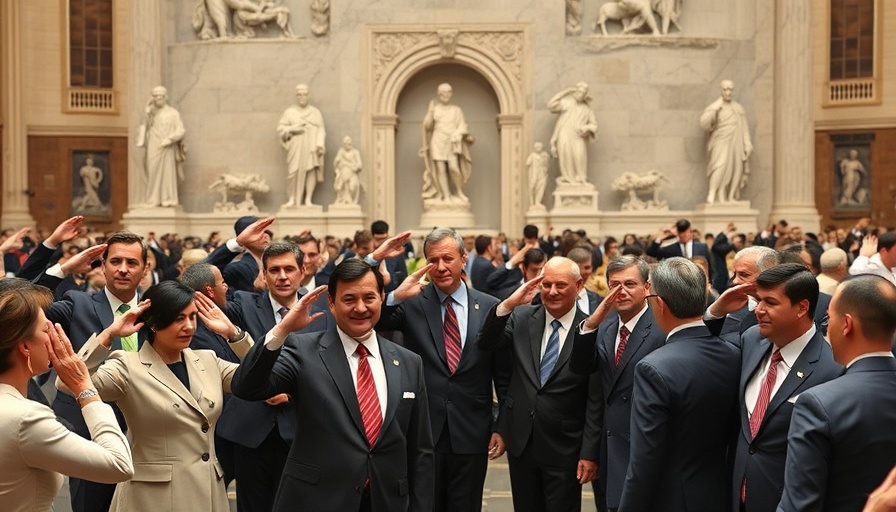
Trump’s Return: A Shift in Global Order?
The recent political landscape has seen President Trump emerge once again with his America-first policies, sending ripples through the elite circles of global governance. As he positions the United States against initiatives like the World Economic Forum’s (WEF) 'Great Reset,' the potential for a new paradigm in international relations seems inevitable. Trump’s approach revolves around self-sufficiency, prioritizing U.S. sovereignty over global commitments like the Paris Climate Accord and the World Health Organization (WHO).
Resonating with Americanness
Trump’s policies resonate deeply with many middle-class Americans, particularly women aged 25-85, who see these shifts as reclaiming a sense of control. They appreciate the focus on local governance and the stark contrast to perceived bureaucratic inefficiencies. For these audiences, the protective measures against globalist agendas seem not just economically motivated, but also emotionally charged—evoking a sense of patriotism and belonging.
The Globalist Response: Fear and Resistance
In reaction to Trump’s bold moves, global leaders are expressing unease. Trump's withdrawal from multilateral agreements like the Paris Accord highlights a confrontation against a longstanding belief in collaborative international governance. Leaders who champion the WEF’s vision see Trump’s administration as a direct threat to progressive initiatives aimed at creating a more interconnected and sustainable world.
What Lies Ahead: Future Implications
Looking ahead, this ideological struggle raises profound questions about the future of global governance. Will Trump's policies lead to further isolationism, or could they spark a counter-movement that pushes for more aggressive global reforms? The ultimate winner of this tug-of-war will shape the worldwide political climate for decades to come.
 Add Row
Add Row  Add
Add 




 Add Row
Add Row  Add
Add 



Write A Comment